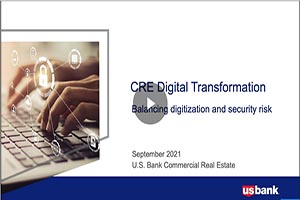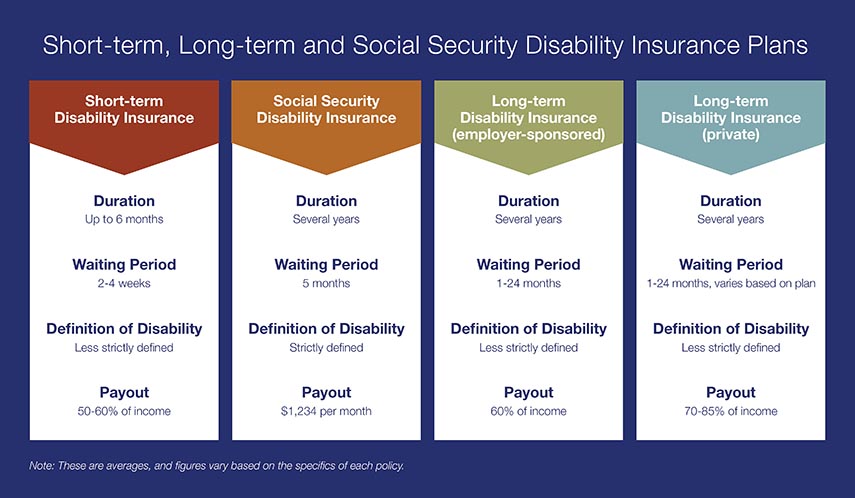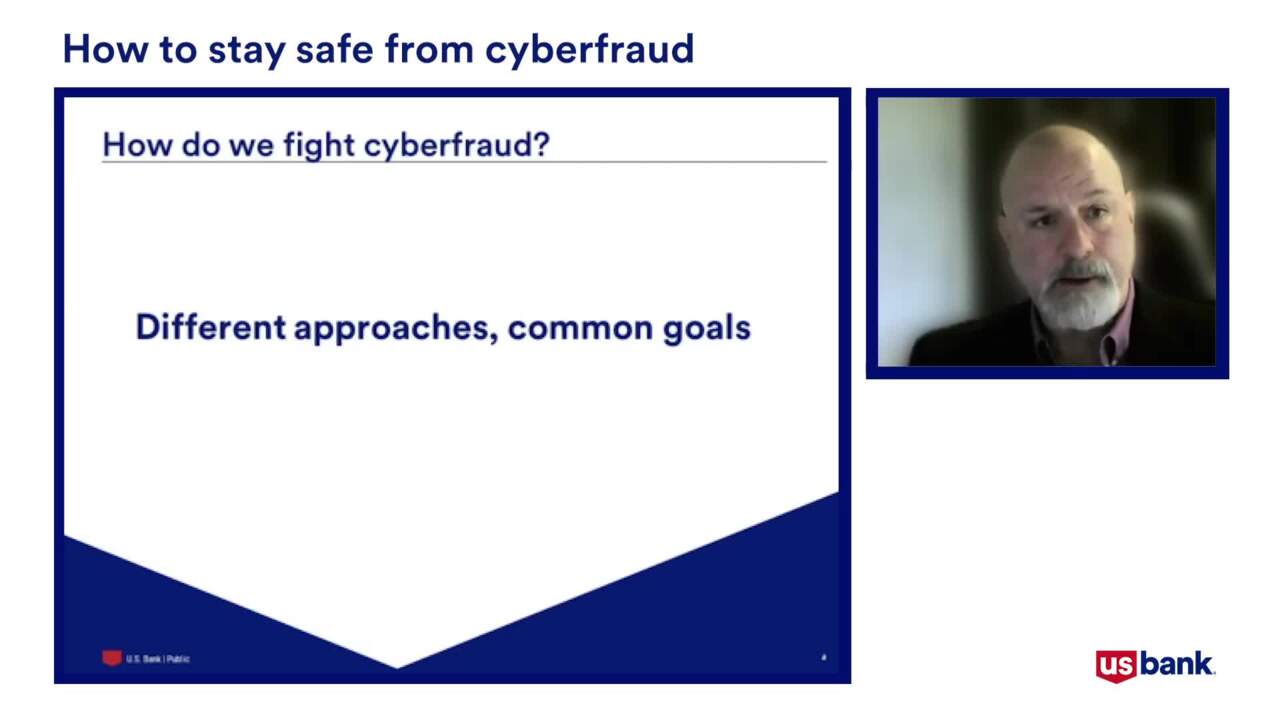Though money scams can happen any time of year, tax season can be prime time for fraudsters. That's why it's an especially good time to watch out for signs of financial fraud. Get to know some common money scams, learn how to recognize the warning signs, and find out how to avoid becoming a scam victim in this guide to staying aware of the different types of financial fraud.
What is financial fraud?
Financial fraud can happen to anyone, from senior citizens to young adults. No matter the age of the victim, however, most types of financial scams follow the same general framework. Financial fraud scams are scripted actions designed to deceive the victim while providing the perpetrator with an illegitimate financial advantage.
Types of financial fraud: Common money scams
Financial fraud can take shape in many ways, and recognizing common money scams isn’t always easy. Read on to familiarize yourself with some common types of financial scams:
- Social engineering scams: Perpetrators of these scams may get access to your bank account or trick you into sending them money by posing as someone who is trustworthy to try to get you to share personal information or money. They may try to convince you that they are an IRS agent, someone from your bank, or even a friend or family member.
- Ponzi schemes: A type of investment fraud, a Ponzi scheme requires investors to recruit new investors, whose funds pay returns to those with higher positions in the scheme. If the math doesn’t add up, you’re promised a positive return no matter how the market reacts, or you can’t seem to cash out, you might have a Ponzi scheme on your hands.
- Charity fraud: This happens when people claim to be collecting funds for charitable causes, which never receive the donations. Fraudulent charities tend to appear after disasters, when they have the best chances of taking advantage of generosity.
- Sweepstakes scams: These schemes center on fake lotteries and sweepstakes, which may require you to provide personal information or pay a fee to collect your winnings. If you learn that you won a sweepstakes you never entered or that you have to pay to get your prize, consider it a likely money fraud attempt.
How to avoid different types of financial fraud
Since financial fraud can be expensive and difficult to recover from, your best bet is to avoid money scams altogether.
Make a policy of never giving out bank account numbers, credit card numbers, Social Security numbers, or passwords over the phone, especially if you didn’t initiate the call.
It’s also a good idea to research before you act. Read about charities before giving, and only donate through official channels. If you receive a call from an IRS agent, request the person’s agent number, and then call the IRS to confirm it’s legitimate. If you get a call from your bank, take notes and then call your bank directly using a phone number from a known, trustworthy source rather than responding to a solicitor.
Want to learn more about what you can do to help prevent financial fraud?














































